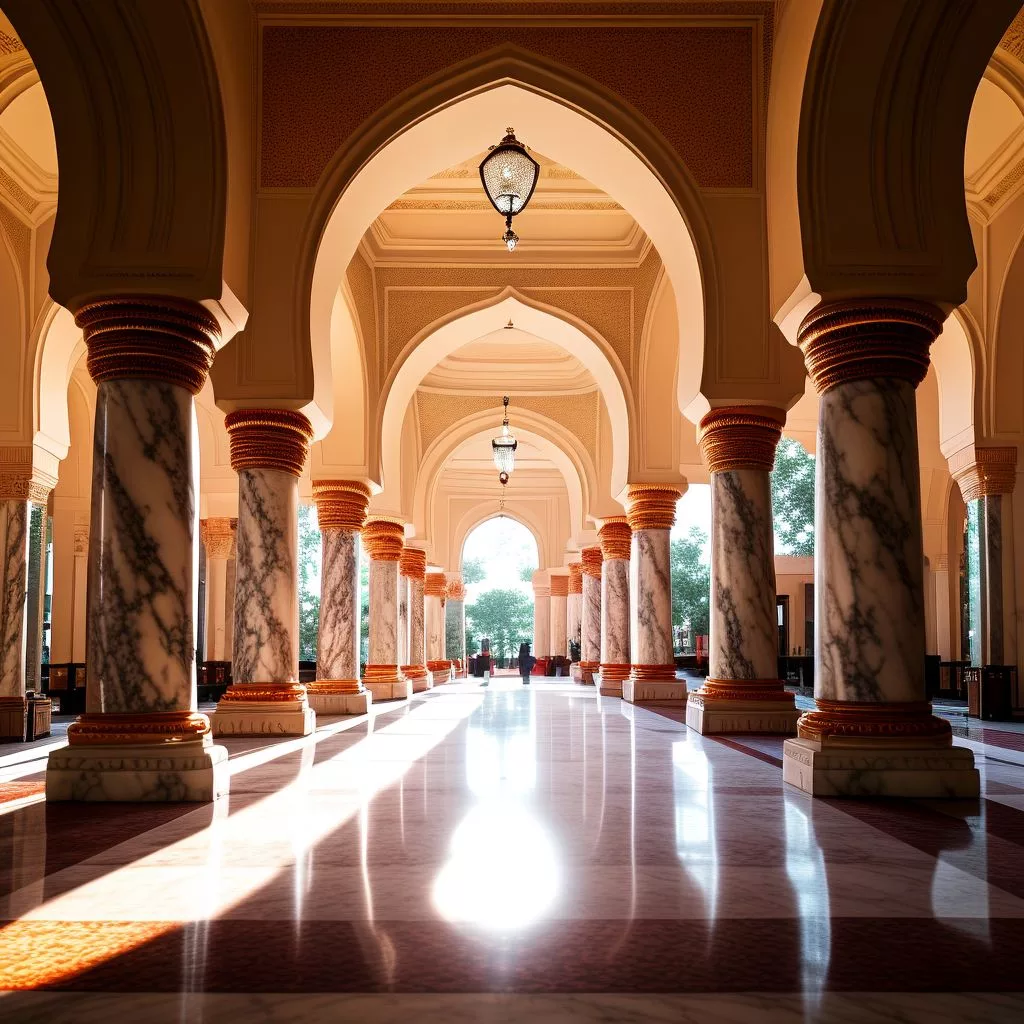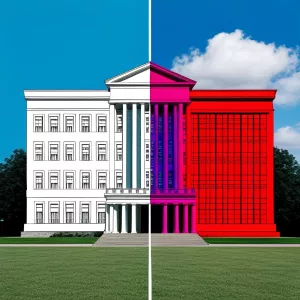Mother’s Day at The Mint Restaurant & WoodFired Grill is a warm and elegant celebration in Cape Town’s historic Taj Hotel. Families enjoy a delicious buffet featuring flavors from around the world—like spicy Indian curries, fresh sushi, and creamy Italian pasta—served with sparkling wine and friendly service. The beautiful setting, rich with history and style, makes every mom feel special and loved. With sweet desserts and joyful laughter filling the air, this day becomes a memorable feast of family, love, and gratitude.
Mother’s Day in Cape Town and the Winelands is a special time to celebrate moms with delicious food, beautiful views, and family fun. From cozy vineyard lunches with Italian flavors at Bacco Estate to relaxed woodfired pizzas and garden play at Botanicum, there’s something for every family. Elegant brunches and teas at Cape Grace Hotel add a touch of luxury, while countryside spots like Deux Lions and Erinvale offer warm, hearty meals. Everywhere you go, the day is filled with laughter, love, and unforgettable moments shared around the table.
Cape Town is about to open the exciting Museum of Illusions on Kloof Street, a fun place where art and science come alive through mindbending optical tricks. Visitors can walk through rooms that play with gravity, see endless reflections, and discover how our brains can be fooled by what we see. This interactive museum invites everyone to touch, explore, and learn in a playful way. It’s a fresh, magical experience that turns seeing into an adventure for all ages. Cape Town now joins a global family of museums that celebrate wonder and curiosity.
South Africa’s roads are among the deadliest in the world, with many crashes caused by drunk driving, low seatbelt use, poor roads, and weak law enforcement. Over half of all road deaths involve alcohol, and most people don’t regularly buckle up, making accidents even more deadly. Broken roads and overcrowded taxis add to the danger, while many drivers lack proper training. To fix this crisis, South Africa needs stronger laws, better education, and a big change in how people value safety and life on the road.
During apartheid, thousands of South Africans fled their homes to escape violence and unfair laws. They found safety in nearby African countries like Tanzania and Zambia, as well as in Europe and the United States, where they could study and keep fighting for freedom. These new places became refuges filled with hope, learning, and strong friendships. Even though life in exile was hard, many held on to their memories and dreams of a better future. Their journey shows the courage of people seeking safety and justice across the world.
Cape Town is a magical place where amazing food meets breathtaking nature. Here, meals burst with rich spices, fresh local ingredients, and creative cooking, all served with warm smiles under the watchful eye of Table Mountain. From lively city kitchens to peaceful vineyards, every bite tells a story of history and heart. Eating in Cape Town feels like celebrating life itself — delicious, colorful, and full of soul.
In early 2024, South Africa’s only old driver’s licence card printer finally broke down after 25 years, causing a huge backlog of 750,000 licences and throwing daily life into chaos. People struggled with expired cards, risking fines and job losses, while staff worked long hours to fix the problem. This crisis revealed how risky it is to rely on outdated technology and sparked calls for modern upgrades, like longer licence validity and digital solutions. Despite the challenges, the country showed great resilience and a strong will to improve the system for the future.
Pope Leo XIV, born Robert Francis Prevost in Chicago, is the first American pope, bringing fresh hope to the Catholic Church. His years of humble service in Peru and leadership in the Vatican show his deep care for the poor and a desire to renew the Church. Chosen during a historic moment in Rome, Leo XIV promises a future of unity, compassion, and courage as the Church faces many challenges. His unique journey from Chicago’s neighborhoods to the Andes and then to St. Peter’s Square inspires people around the world.
South African universities are caught in a heated debate over racial quotas meant to fix past inequalities from apartheid. Some say these rules help make campuses fairer and more diverse, while others worry they force people into simple racial boxes and hurt true talent. The struggle isn’t just about numbers—it’s about whether universities will focus on individual worth or just meeting government targets. This debate shapes the future of education and how South Africa sees itself as a free and fair society.
South Africa is battling constant power cuts because its old power plants break down often and maintenance has been delayed for years. These blackouts disrupt daily life, especially in the evening when families need electricity the most. While richer areas use solar power to avoid the worst effects, poorer communities suffer more. Despite these struggles, many South Africans find creative ways to cope, and new local efforts in renewable energy offer hope for a brighter, more reliable future.
Citizenship and Identity: South Africa’s Legal Journey Toward Constitutional Protection
South Africa’s highest court ruled that a law taking away citizenship from those who gained another nationality without permission was unfair and unconstitutional. The Court said citizenship is a deep, protected right that cannot be lost without fair treatment. This decision brought relief to many South Africans living abroad, assuring them that having another nationality won’t erase their connection to home. It showed that belonging to a nation is about more than papers—it’s about identity, dignity, and being part of a shared story.
Coffee culture is more than just drinking coffee in the morning—it’s a lively global tradition that brings people together. From cozy cafés like Espressolab in Cape Town to famous coffee spots worldwide, it blends quality, creativity, and community. Every cup tells a story of care, craft, and connection, making coffee a shared experience that fuels friendships, ideas, and moments of calm.
In 2023, South Africa faced a big car safety scare as major brands like Stellantis, MercedesBenz, Audi, Volkswagen, Citroën, and Volvo recalled thousands of vehicles due to dangerous defects. Problems ranged from faulty airbags that could explode, to brake failures and overheating batteries, putting drivers and passengers at serious risk. This crisis shook the trust of many drivers, reminding everyone that even the most advanced cars can hide deadly flaws. The recalls sparked urgent repairs and tough questions about how to keep South African roads safe in a world full of hightech vehicles. It was a wakeup call that safety must always come before speed and style.
Cape Town’s trains connect many parts of the city, but for people with disabilities, traveling by rail is still very hard. Many stations have stairs instead of ramps or lifts, making it nearly impossible for wheelchair users to get on and off trains without help. Even though some new trains have accessible features inside, getting to the trains and navigating stations remains full of barriers. While the city has promised improvements and started talking with disability advocates, real change is still slow, leaving many to struggle every day. The hope is that Cape Town will one day offer safe, easy, and independent travel for everyone.
Afrikaners are quietly leaving South Africa on secret flights to the United States because they fear losing their land, face safety worries, and feel unsure about the country’s future. This move stirs up old tensions tied to South Africa’s troubled past and the complicated changes since apartheid ended. While some see these Afrikaners as fleeing hardship, the South African government insists no citizens are refugees and stresses that land policies are fair and lawful. This flight highlights a deep struggle over identity, belonging, and hope for a safer, more stable life.
District Six was once a lively, colorful neighborhood in Cape Town where many cultures lived together happily. In 1966, the government forced over 60,000 people out and destroyed the area, breaking up a close community. Since 1994, families have been trying to get their homes back, but problems like slow government action and lack of money have delayed this for decades. Some people have finally returned, but many still wait, holding on to hope for justice and a chance to rebuild their broken community. The story of District Six is one of pain, memory, and a long fight to come home.
















